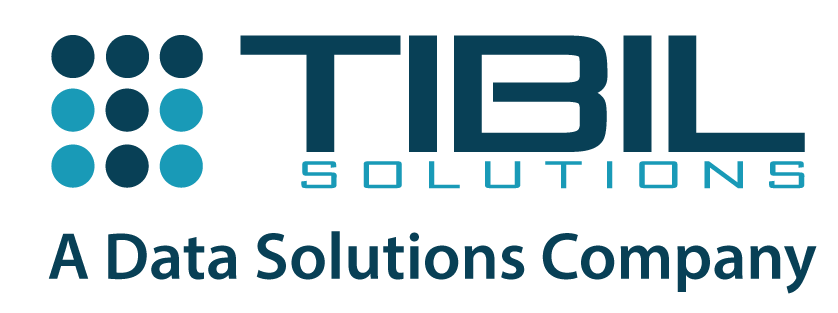
"Ethical GenAI: Ensuring Fairness in Data Analytics"
Introduction
Generative AI, a transformative subset of artificial intelligence, is revolutionizing data analytics and machine learning. It empowers machines to generate data, images, and text that mimic human creativity. While the potential of generative AI is awe-inspiring, it also brings forth pressing ethical considerations. This blog explores the ethical landscape surrounding generative AI, and how generative ai works, and delves deeper into the actions required to ensure fairness and responsibility in data analytics.
The Promise and Peril of Generative AI
Generative AI has unlocked new horizons across various domains such as content creation, image generation, and data augmentation. It equips machines with the capability to generate realistic data and content, promising significant breakthroughs in research, innovation, and operational efficiency. However, these advancements also raise ethical dilemmas that warrant careful examination.
Bias and Fairness
Generative AI models often rely on large datasets drawn from the internet. These datasets may contain inherent biases and prejudices present in the data sources, leading to the development of AI models that perpetuate these biases. This situation can have far-reaching consequences, particularly in applications such as hiring, lending, and content recommendation. Ensuring fairness in AI systems is paramount.
Privacy Concerns
Generative AI has the potential to create incredibly convincing fake content, including deepfake videos and synthetic text. These technological leaps introduce grave threats to privacy and cybersecurity. Ethical guidelines must be set in place to safeguard against the malicious exploitation of generative AI for harmful purposes.
Intellectual Property
The creation of content by AI models and how generative AI works raises questions about intellectual property rights. Who owns the content generated by AI? How do creators protect their work from unauthorized duplication or alteration? These are important queries that necessitate ethical and legal answers.
Accountability
As generative AI becomes more sophisticated, it can become increasingly challenging to attribute content to its original source. Ensuring accountability for the generation of content is vital for maintaining trust and ethical standards.
Ethical Frameworks in Generative AI
To address these ethical concerns, clear ethical frameworks are needed for the development and use of generative AI. The following principles can serve as the guiding tenets for ethical practice:
Fairness and Transparency
Developers must prioritize fairness by thoughtfully curating training data, recognizing and mitigating biases, and fostering transparency throughout the AI development process. Initiatives like OpenAI’s commitment to transparency in AI research offer an excellent model for promoting fairness in AI development.
Privacy Preservation
Stringent regulations should be put in place to protect individuals’ privacy from the misuse of generative AI for creating fake content. These regulations should also provide guidance on the responsible application of generative AI solutions and technologies.
Intellectual Property
AI-generated content should be treated with the same regard as content created by humans. Ethical practices can help ensure proper attribution, licensing, and protection of intellectual property rights.
Accountability and Verification
Creating mechanisms to attribute content generated by AI is vital. This can include watermarking or metadata that identifies AI-generated content. Verification mechanisms should also be developed to ensure accountability.
Case Studies in Ethical Generative AI
Let’s delve into a couple of case studies that shed light on the ethical considerations surrounding generative AI:
- Deepfake Videos
Deepfake technology harnesses generative AI to create highly convincing counterfeit videos. While this innovation holds various potential applications, including the film industry, it has also been maliciously exploited to create deceptive or defamatory content. Ethical concerns around deepfakes have led to the development of detection tools and the introduction of legislation to combat malicious use.
- GPT-3 and Content Generation
Generative AI models like GPT-3 are powerful content generators. OpenAI, the organization behind GPT-3, has implemented safeguards to prevent the system from generating harmful, abusive, or biased content. OpenAI’s guidelines emphasize the importance of using AI responsibly and ethically.
Practical Steps Towards Ethical Generative AI

- Ethical Guidelines and Standards
Developing industry-wide ethical guidelines and standards is essential. Organizations must adhere to these standards and be held accountable for the behavior of their AI systems.
- Robust Training Data
Ensuring training data is devoid of bias and prejudice is crucial. Data used for AI training should be meticulously selected and scrutinized for fairness.
- Transparent Documentation
Transparency in AI development is of paramount importance. Documenting the AI model’s architecture, training data, and potential limitations enables users to understand and scrutinize the technology.
- Third-Party Audits
Third-party audits of AI models can provide impartial assessments of their fairness and safety. These audits help ensure accountability and ethical practices.
- Continuous Monitoring
Regularly monitoring AI systems for emerging ethical issues and taking prompt corrective actions is vital to maintaining ethical standards.
Conclusion
Generative AI stands as a powerful force transforming data analytics and providing unparalleled capabilities in content generation and data augmentation. However, these advances come with ethical responsibilities that must be shouldered by developers, organizations, and society at large.
By establishing clear ethical frameworks, adhering to industry standards, and promoting responsible practices, we can harness the full potential of generative AI while mitigating its ethical challenges. As we march forward into the digital age, the ethical considerations surrounding generative AI will continue to evolve, and it is our collective responsibility to address them for a fair and responsible AI-driven future. The journey toward ethical generative AI is a dynamic and evolving path, where stakeholders must remain vigilant in addressing ethical concerns as they arise.

